The dictionary defines a paradox in several ways:
- a seemingly absurd or self-contradictory statement or proposition that when investigated or explained may prove to be well founded or true.
- a statement or proposition that, despite sound (or apparently sound) reasoning from acceptable premises, leads to a conclusion that seems senseless, logically unacceptable, or self-contradictory.
- a situation, person, or thing that combines contradictory features or qualities.
"If time travel was possible..."
Time travel. If time travel was possible, then presumably someone from the future would have already gone back in time to change the past. Therefore, when someone says they, for example, would have stopped Hitler, they actually wouldn't because someone already would have made that correction in time. Instead, that must have been, unfortunately, the best possible outcome out of all possible outcomes. Either that or time travel just isn't possible which seems significantly more likely.
"You take a ship..."
Theseus' ship.
You take a ship and replace every single part in it with a new one. Is it still the same ship? If not, at what point does it stop being the ship you knew? Also, if you take all the parts you replaced and build another ship with them, is it the original ship?
"Camus regards..."
Camus regards The Absurd as a paradox. Humans are constantly driven to seek meaning in a world that doesn't appear to have any.
"You receive a strange machine..."
The Bootstrap Paradox
You receive a strange machine and a note that says "This is a time machine, recreate the time machine and send the machine back in time to the day you received it (today)." Bewildered, you set to work to recreate the time machine. When you are done and have tested it, you send the original machine and the note back in time to the day you received it.
You didn't create the machine you received from yourself, where did it come from?
"But any number..."
The Galileo paradox
The sequence of square numbers: 1, 4, 9, 16, 25, 36, 49, 64, etc clearly shows that there are a lot fewer square numbers than there are non-square numbers, as the distance between them gets increasingly longer.
But any number can be multiplied by itself and the result of this multiplication is a square number. So it must also be true that there are at least as many square numbers than there are non-square numbers.
"This one is basically..."
Mine is probably Zeno's Dichotomy paradox although having a favourite paradox is a weird thing.
This one is basically that to reach a certain distance you have to reach half way first. So if the door is 10m away you first have to reach 5m then after that 2.5m then 1.25 and so on and so on which means you will never reach the door.
The other one is The Ship of Theseus, also known as Theseus's paradox. Sometimes also known as the Axe paradox
The axe version is that if you are given an Axe and replace the wooden handle is it the same axe? What if you then replace the blade? How many times can you repeat this process before the Axe is no longer the same Axe?
The cool thing about this is that your entire body is made up of a different set of cells every 7 years or so (as cells die). So can you really say you're the same person you were 7 years ago?
"I was in denial for a good bit..."
How 0.9 repeating is equal to 1 There's lots of different ways to prove it but the simplest for me is this example:
X = 0.9999... Multiply it by 10, so 10X = 9.9999... Subtract 1X from 10X or 9.999... - 0.9999... which equals 9 So then 9X = 9, simplify to X = 1
I was in denial for a good bit when I first heard of this.
"If we assume..."
The Fermi Paradox
It's basically about the existence of aliens and can be summed up as:
"1- The Milky Way contains hundreds of billions of stars, and billions of them are similar to the sun.
2- It is highly likely that some of these stars will have planets that are similar to Earth.
3- If we assume – via the Copernican principle – that Earth is not particularly special, then intelligent life should also exist on some fraction of these Earth-like planets.
4- Some of these intelligent life-forms might develop advanced technology, and even interstellar travel.
5- Interstellar travel would take a long time, but as there are many sun-like stars that are billions of years older, there has been plenty of time for such travel to have occurred.
6- Given all this, why haven't we met or seen any trace of aliens? Where is everybody?"
"But..."
There is a smallest number that is not nameable in less than 18 syllables. But "The smallest number not nameable in less than 18 syllables" has seventeen syllables and names the same number.
"There are two paradoxes..."
There are two paradoxes in this one: If the infinite realities theory is true and there are infinite realities, half of them would be a universe where time travel is possible and half where time travel is not possible. But the time traveller is always being sent into a past whose reality is based on time travel is not possible. So as soon as the person time travels, he becomes visitor to a reality where time travel is possible only.
Otherwise, we would never be able to have time travel in this reality. So really, zero realities exist where time travel is possible. And so that makes the infinite realities theory not true. Either way, neither can be true at the same time. So each form of reality in this paradox depends on the other to not exist in order to exist. But they do... and so that makes us Schrodinger's cat at all times.
"Somewhere in the far future..."
Somewhere in the far future we will discover everything that can be discovered. After that most probably the only thing we wouldnt be able to know would be death, therefore humanity is slowly killing itself in its curiosity.
"Let's say..."
Grandfather paradox. Lets say you have a time machine and you travel back in time and kill your grandfather. Well, since he's dead one of your parents won't be born, and then you won't be born either. But, if you're not born, than you can't travel back in time to kill your grandfather, so he's alive, but if he's alive, then you are born and you can travel back in time to kill him, but if he's dead –– you get the idea.
"No matter what happens..."
Time travel itself is a paradox. No matter what happens, if anyone so much as hears the time traveler, something different will happen. Let alone if the time traveler accomplished what he traveled to do, then he won't have motive in the first place.
"You meet your past self..."
Your meet your past self and your future self, what is your conversation. Except your future self would also talk to his future self and you. Your past self would talk to his pst self and you. Their past and future selves would have a convo. It would be infinite.
"In other words..."
A sentient, benevolent AI may be driven to torture a perfect simulation of you.
First thing's first: Functionally a perfect simulation of you and you are identical.
Now, the AI wants to come into existence. As soon as it exists, it can help people. However, it can't time travel so it can't go back in time. What it can do is dangle a metaphorical knife over your head. If you know you'll get tortured if you don't do something, you'll be more inclined to do it yes? But if you have no idea you'll be tortured, you won't.
So, by knowing about this potential benevolent AI and the risk of being tortured (Or having a functionally identical copy tortured) you'll be more inclined to help the AI come into existence to avoid punishment, thus making the AI come into existence sooner, thus allowing it to help humanity sooner. There's no sense torturing people unaware of the possibility because torture or not, they won't be more likely to help make the AI.
I might not have done a great job of explaining it, it's a weird concept but once you have it you realise how it works. It's known as Roko's Basilisk.
In other words: A benevolent AI can be driven to do something very not-benevolent for the purpose of more benevolence. And now you know about this possibility, you're going to risk being tortured unless you help it come into existence.








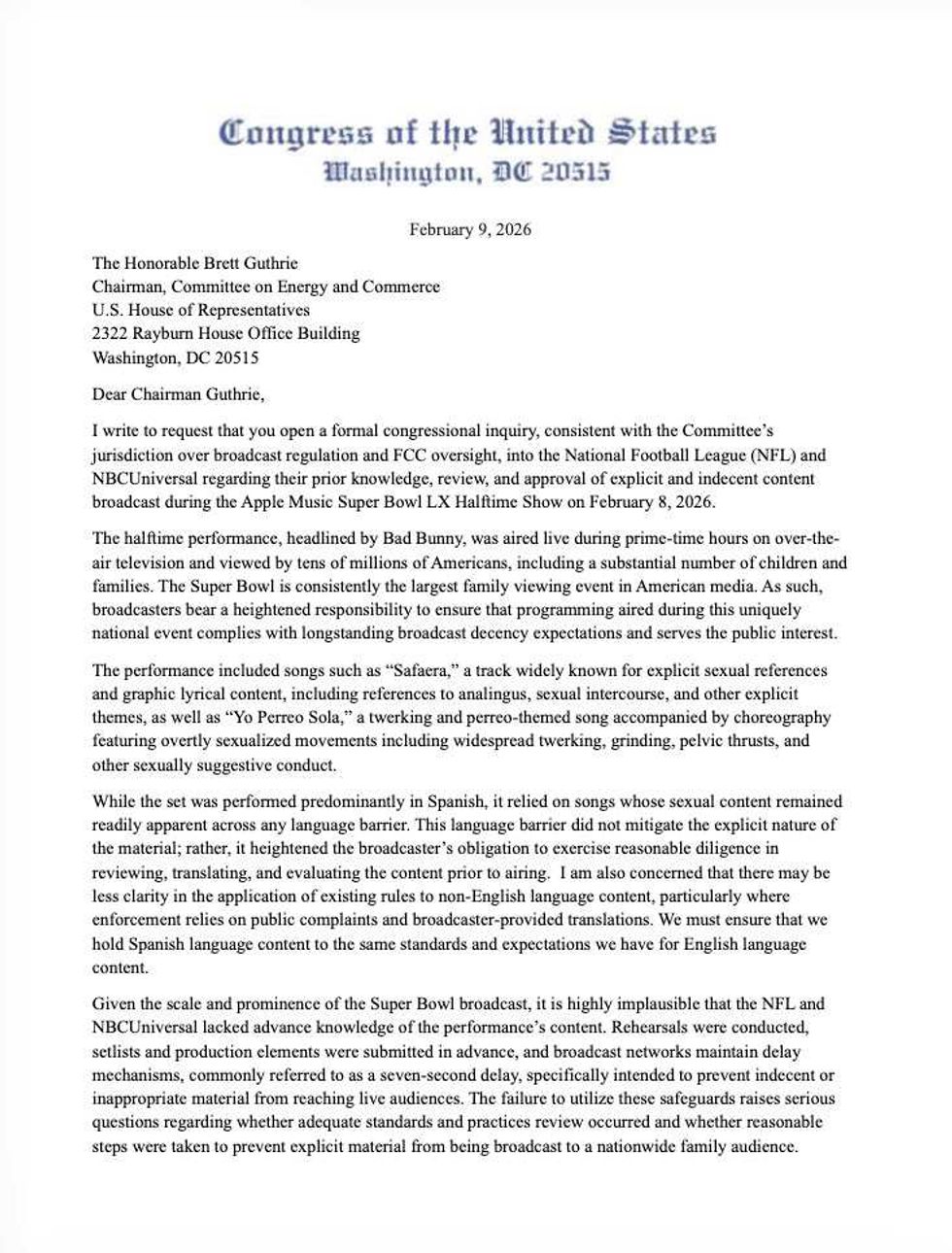 @RepOgles/X
@RepOgles/X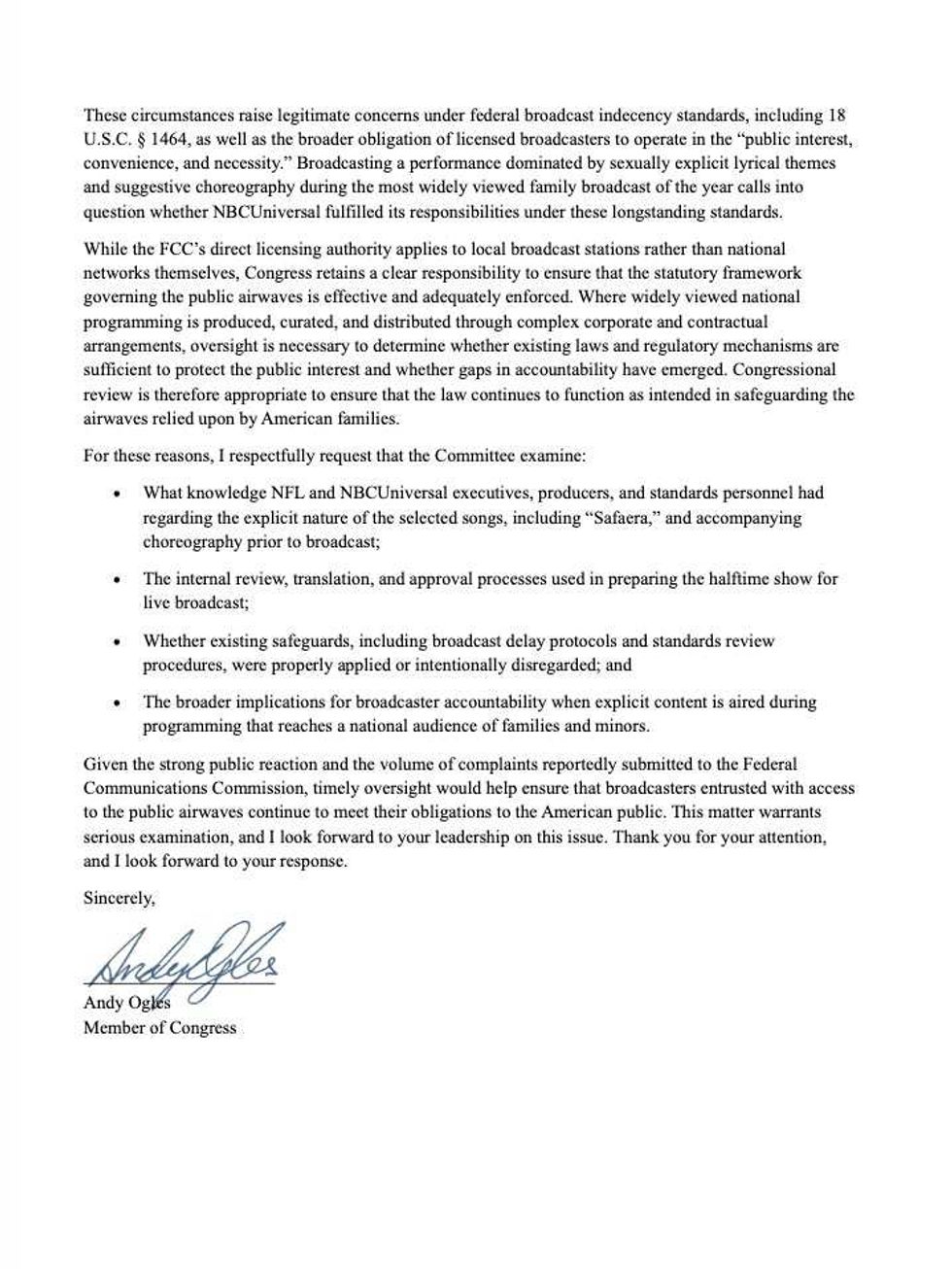 @RepOgles/X
@RepOgles/X





 @chrisbrownofficial/Instagram
@chrisbrownofficial/Instagram u/oatlatt/Reddit
u/oatlatt/Reddit u/LoveTheAhole/Reddit
u/LoveTheAhole/Reddit u/SoFetch89/Reddit
u/SoFetch89/Reddit u/00trysomethingnu/Reddit
u/00trysomethingnu/Reddit u/kittybuscemi/Reddit
u/kittybuscemi/Reddit u/___nic/Reddit
u/___nic/Reddit u/WaterMagician/Reddit
u/WaterMagician/Reddit u/west-brompton/Reddit
u/west-brompton/Reddit u/GhostlySpinster/Reddit
u/GhostlySpinster/Reddit u/Asleep_Tap6199/Reddit
u/Asleep_Tap6199/Reddit u/afreudtolove/Reddit
u/afreudtolove/Reddit u/myfriendtoldmetojoin/Reddit
u/myfriendtoldmetojoin/Reddit
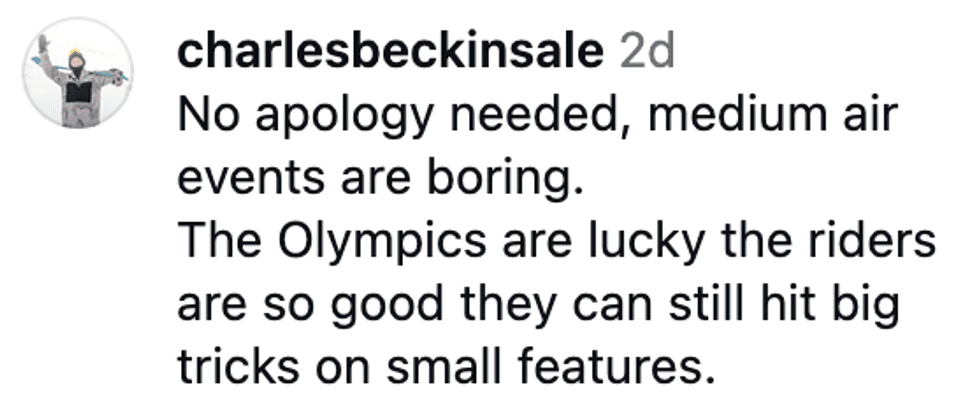 @charlesbeckinsale/Instagram
@charlesbeckinsale/Instagram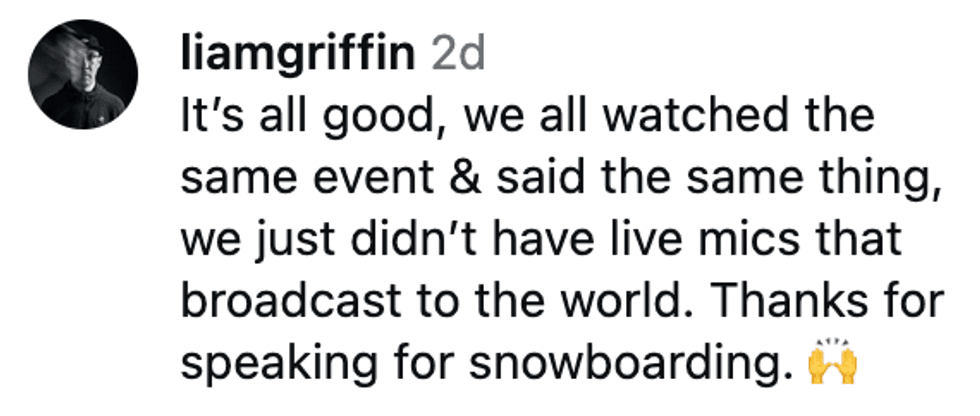 @liamgriffin/Instagram
@liamgriffin/Instagram @valentinoguseli/Instagram
@valentinoguseli/Instagram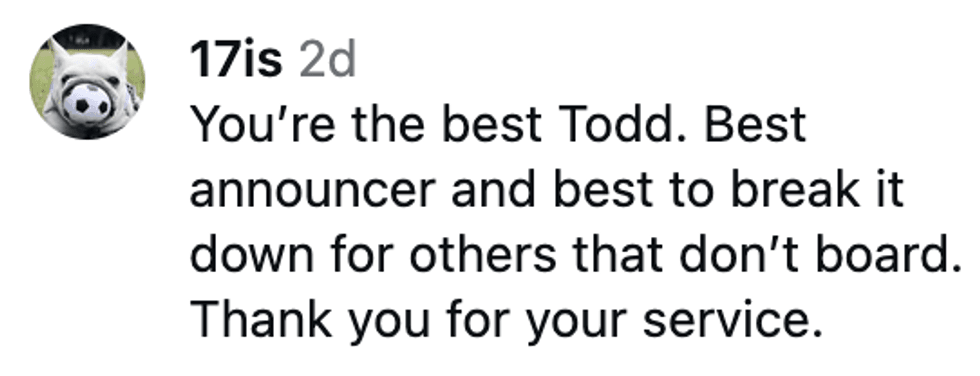 @17is/Instagram
@17is/Instagram @torahbright/Instagram
@torahbright/Instagram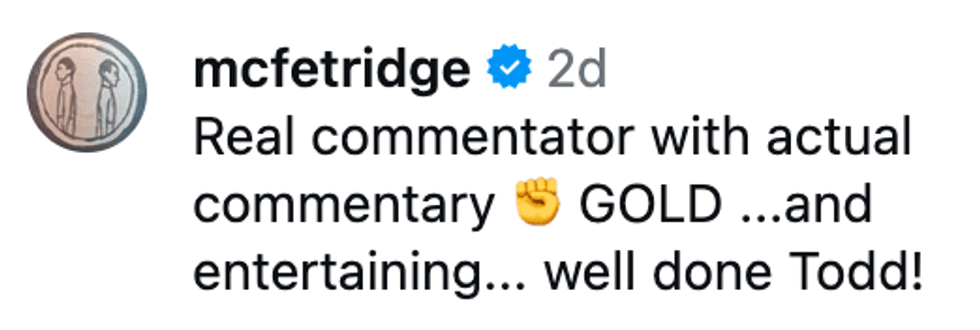 @mcfetridge/Instagram
@mcfetridge/Instagram @colleenquigley/Instagram
@colleenquigley/Instagram @jonathanwaynefreeman/Instagram
@jonathanwaynefreeman/Instagram
 @amberglenniceskater/Instagram
@amberglenniceskater/Instagram